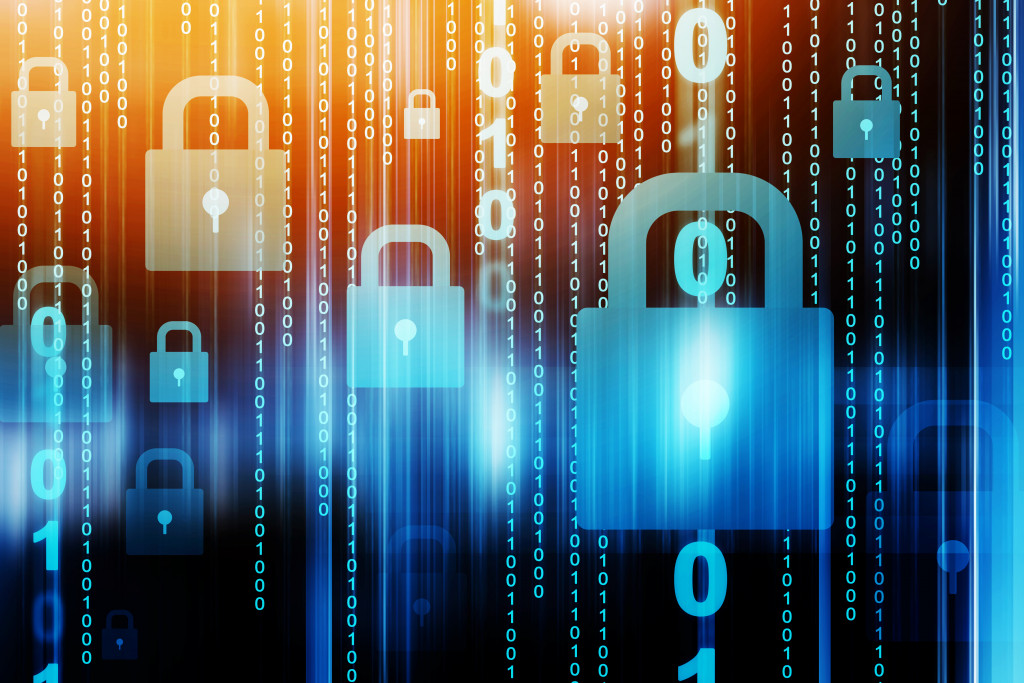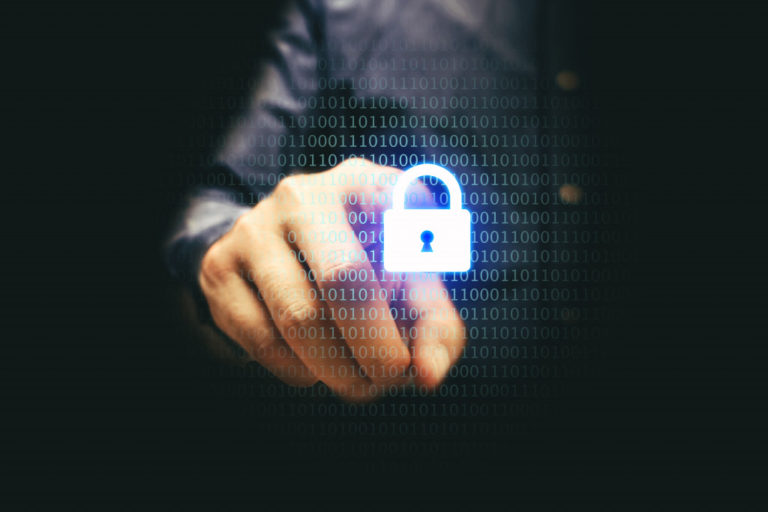Cybersecurity of government websites is also a matter of public security since government websites contain extremely sensitive data of government units and citizens alike. Upon experiencing a data breach, local governments can experience data loss, hardware and software replacements, financial theft, lost revenue, and reputation damage in the eyes of citizens–not to mention delays in operations due to lost data and compromised systems.
Public websites receive just as many cybersecurity threats as private websites, if not more. With civil unrest and political issues on the rise, government websites become bigger targets of hacker activists or “hacktivists” groups. With that being said, how can government websites increase their cybersecurity? And what exactly are the consequences of leaving risks unaddressed?
What can happen with inadequate website security
Website defacement.
At the very least, a government website can be defaced in many different ways. Some hackers display messages of their protest, while some take it to the extreme and post crude images on the website.
Loss of website availability.
When website availability is lost, it affects the operations of the local government offices involved, as well as the citizens trying to access its services.
Loss of data.
A cyber attack often comes with the loss of data. In the case of public websites, the loss of confidential government and citizen data is nothing short of disastrous. When in the wrong hands, this data can be used for all sorts of crime, most of which resulting in major financial losses and identity theft. More than that, the data lost can take weeks if not months to fix, especially if regular backups were not being done prior to the attack.
Reputation damage.
Another valuable thing that government websites can lose in the event of a data breach is citizen trust. Local governments, like the private sector, is responsible for maintaining website security and protecting citizen data. If a data breach happens and citizens’ data is compromised, it will likely result in the loss of citizen trust and reputation damage.
Financial losses.
If citizen data is compromised, local governments are liable for any damage that results from the misuse of stolen information. And since there are thousands of people accessing government websites, the financial losses that can follow a data breach can be gigantic.

How local governments can upgrade their website security
Employing adequate cybersecurity measures is imperative in preventing cybercriminal attacks from happening. And if they do happen, these measures can minimize the impact that the attacks leave.
Third-party management
Hiring a third-party service, such as ServiceNow for the public sector, puts IT infrastructure management in the hands of professionals that improve system efficiency while reducing cost at the same time. Aside from reducing the responsibility of IT management in-house, doing this also maximizes the resources of local governments, helping paint them in a good light under public scrutiny.
Security hosting
Some local governments opt to host their websites in the same network that also contains their phone, email, and financial systems. Doing this may help save resources, but it also increases the risk of having all systems taken down in the event of a cyber attack.
The best way to avoid this problem is to have a secured hosting facility with advanced levels of protection against cyber attacks. When choosing a vendor, local governments must first evaluate their capabilities of hosting and maintaining security, as well as the quality of their data centers.
DDos mitigation
A Distributed Denial-of-Service (DDos) attack floods a website with traffic to bring it down and make it lose data. To prevent such an attack, local government websites must have mitigation plans in place, as well as recovery plans in case it still happens.
Conclusion
It is clear to see how cybersecurity attacks can have disastrous consequences for public sector websites. That said, it is crucial for local governments to upgrade their cybersecurity now more than ever, especially in the time of civil unrest.

















